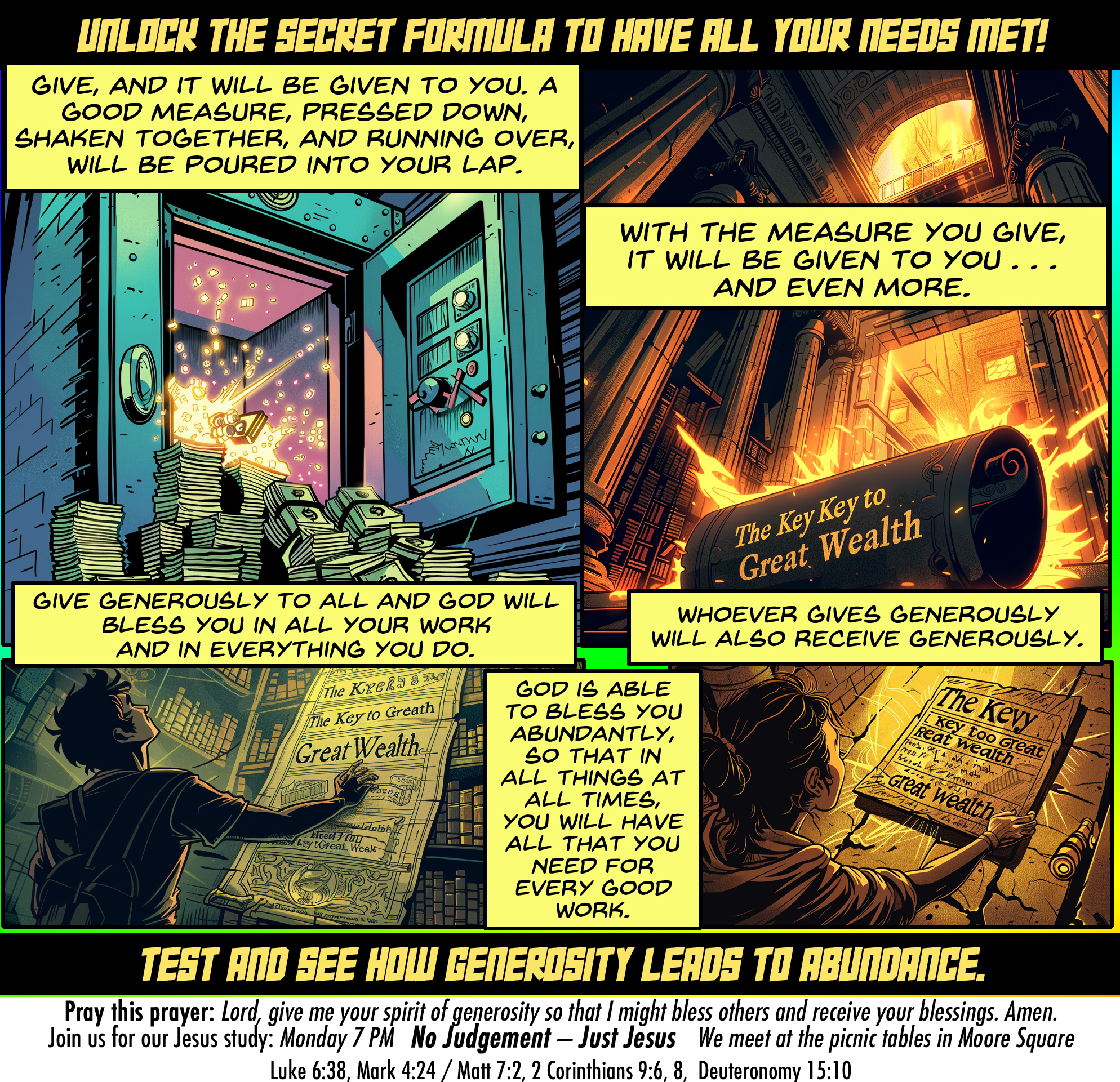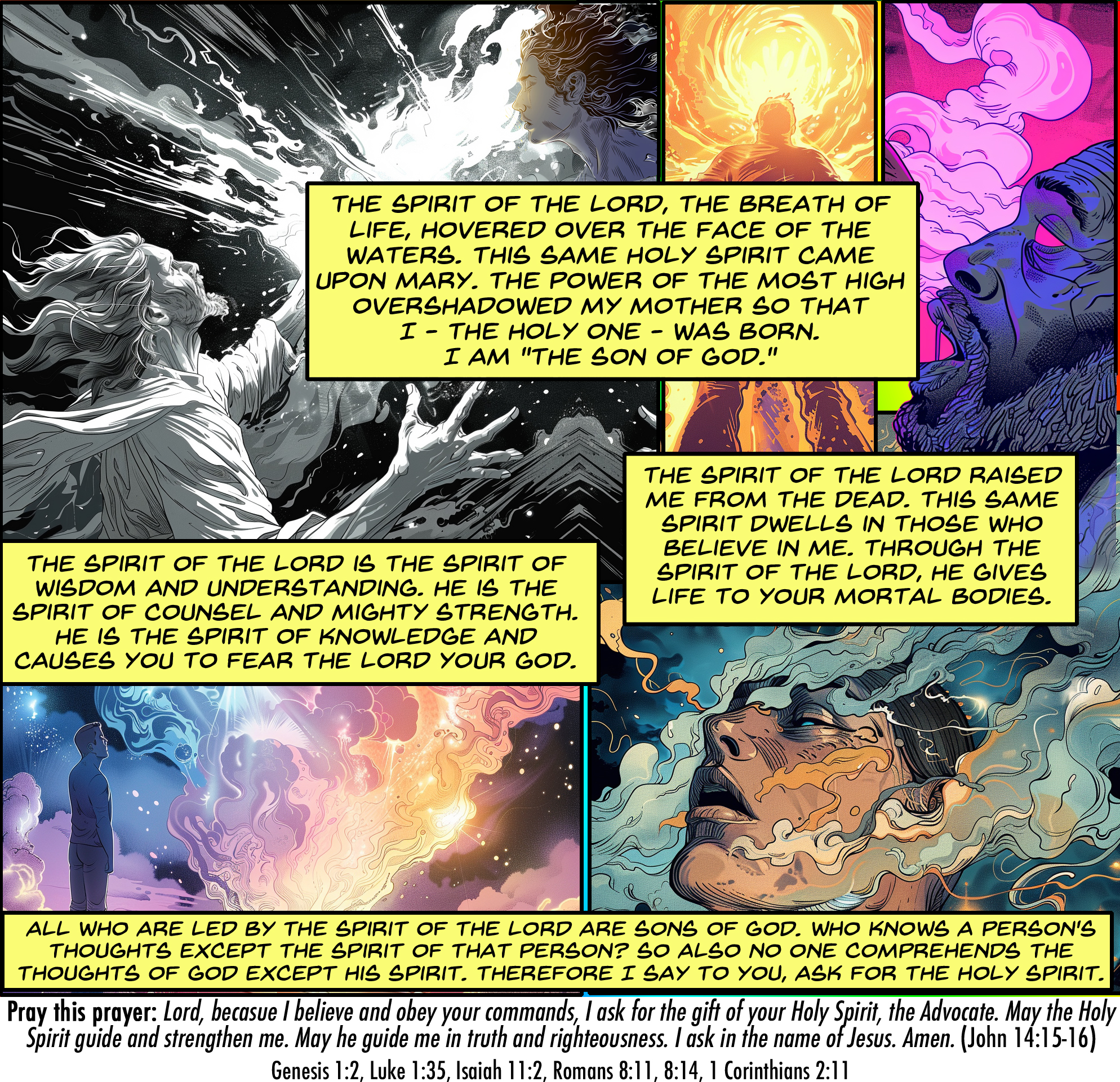
What’s the Big Deal With Sin?
When Jesus Whispers

Doctrine Through Disinformation
Disinformation and Self-righteous Judgment
“We strongly admonish all efforts that sow divisions in the United Methodist Church through disinformation and self-righteous judgment to stop, in particular, those of the Wesleyan Covenant Association and the Global Methodist Church, their affiliates, and supporters in the Philippines. Their disinformation campaign using social media platforms says that the UMC is changing its doctrines and beliefs about Christ and the Scriptures.
“These issues have long been refuted by the Restrictive Rules under Section III, ¶17- Article I, and ¶18- Article II of the Book of Discipline, emphasizing that ‘The General Conference shall not revoke, alter, or change our Articles of Religion or establish any new standards or rules of doctrine contrary to our present existing and established standards of doctrine,’ including our Confession of Faith. These groups have been using these made-up doctrinal issues, including that of human sexuality, to gain support to leave the United Methodist Church.”
College of Bishops, Philippines Central Conference
https://drive.google.com/file/d/1aHVaP0FNcGsrtpcKbbKdB34GJSpJPBt2/view
“If any man teach otherwise, and consent not to wholesome words, even the words of our Lord Jesus Christ, and to the doctrine which is according to godliness; He is proud, knowing nothing, but doting about questions and strifes of words, whereof cometh envy, strife, railings, evil surmisings, perverse disputings of men of corrupt minds, and destitute of the truth, supposing that gain is godliness: from such withdraw thyself.” (1 Timothy 6:2-5)
“A man shall leave father and mother, and shall cleave to his wife: and they twain shall be one flesh.’” – Lord Jesus Christ (Matthew 19:5)
The Lord said to Moses, “Speak to the Israelites and say to them: And with a male, not you shall lie as with a woman; it is an abomination.” – God (Leviticus 18 22)
The General Conference of The United Methodist Church is meeting, April 23 through May 3, 2024, in Charlotte, NC. Stay up to date with the latest news, decisions and celebrations from this global gathering. #UMCGC
Who Will Hear the Cry of the Poor?
When Jesus Whispers

There are an estimated 340,000 Christ-believers in the Raleigh area. By some estimates, there are 20,000 homeless in the Triangle. If one percent of those who are born again and follow Christ would “adopt” / “foster care” one person in need, we could possibly eradicate homelessness in Raleigh. Who will hear and heed the cry of the poor in Raleigh? If you’re interested in helping be Jesus to another, email me: piratepreacher.org@gmail.com .
The New Temple of God
When Jesus Whispers

Breath of Life
When Jesus Whispers
